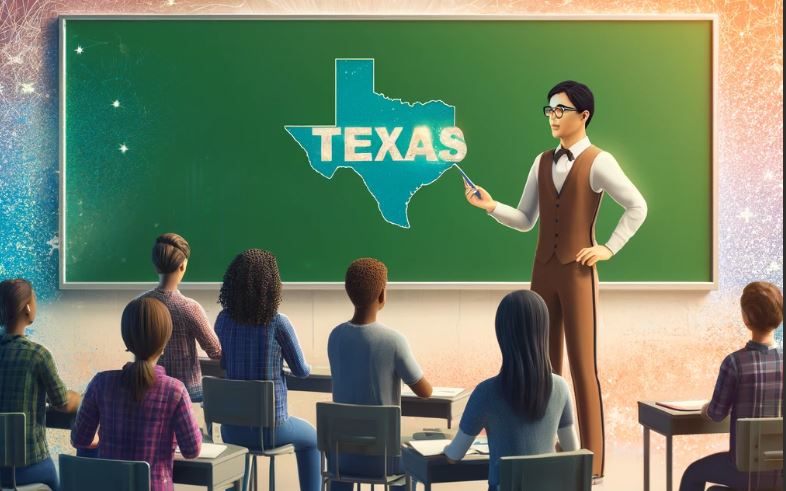Texas Transgender Teacher Policy
Texas Governor Aims to Ban Gender Expression by Transgender Teachers in Schools
Texas Governor Greg Abbott has taken a firm stance against transgender and non-binary teachers expressing their gender identity in the classroom. During a recent address at the Texas Young Conservatives Convention, Abbott voiced his concerns over a specific incident involving a high school teacher who dressed in traditionally female attire, contrary to their gender assigned at birth.
Policy Proposal on Gender Expression in Education
Governor Abbott highlighted the case of a male teacher who came to school dressed in a dress, high heels, and makeup. This has sparked a statewide debate on the appropriateness of gender expression among educators in public schools. Abbott’s comments suggest a push towards implementing policies that would restrict transgender individuals from expressing their gender identity while teaching.
Implications for Transgender Rights
The governor’s proposed policy could have significant implications for the rights of transgender and gender non-conforming teachers in Texas. This move is seen by many as a direct challenge to the rights of individuals to express their true selves, potentially setting a precedent that affects not only educators but also the inclusivity of educational environments.
Read also : Kentucky House Bill 747 : Its Impact on Transgender Rights
Community Response and National Impact
The response from the community and advocacy groups has been swift and pointed. Many argue that such policies infringe on personal freedoms and highlight a need for greater protection of LGBTQ+ rights in the workplace. The national conversation around this issue reflects broader debates on gender identity and the rights of transgender individuals in various sectors, especially education.
Educational Environment and Student Impact
Educators and psychologists argue that the ability of teachers to express their gender identity authentically is crucial for creating an inclusive and supportive learning environment. Research suggests that inclusive policies contribute positively to the academic and social development of students by fostering an environment of acceptance and diversity.
Looking Forward: The Path to Inclusivity
As Texas grapples with these proposed changes, the focus shifts to how such policies will be implemented and the legal challenges they may face. Advocates for transgender rights are gearing up for a significant legal battle, emphasizing the importance of upholding the rights to freedom of expression and equal treatment under the law. The outcome of this controversy could have far-reaching effects on educational policies nationwide, underscoring the ongoing struggle for LGBTQ+ rights in America.
In conclusion,
Governor Abbott’s initiative to restrict gender expression in Texas schools has ignited a complex debate over the rights of transgender teachers and the impact of such policies on educational environments. As this situation develops, it remains a pivotal moment for advocacy and policy-making in the realm of gender identity and inclusivity in education.













